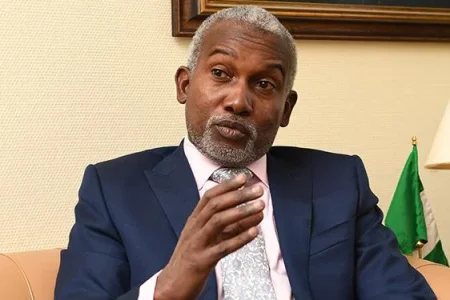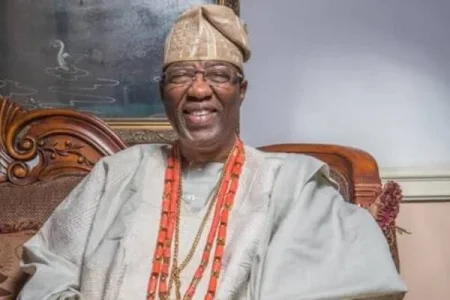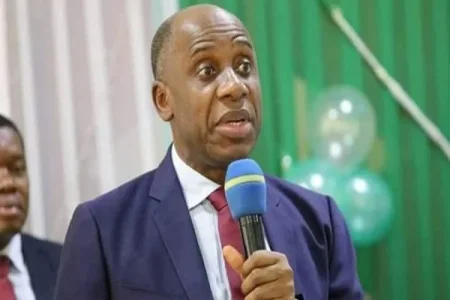
The Digest:
The Nigerian government has firmly rejected a proposal from the U.S. to accept deportees under the controversial “third-country deportation” policy. This stance stems from national security and economic concerns.
Key Points:
- Nigeria remains firm in rejecting deportees, citing its own security and economic challenges.
- The U.S. had pressured African countries, including Rwanda, South Sudan, and Eswatini, to accept deportees.
- The Trump administration's policy was upheld by the U.S. Supreme Court, targeting countries refusing to take back their citizens.
- Diplomatic pressure mounts, but Nigeria maintains sovereignty over its borders.
- The U.S. threatened countries that refuse deportation with visa sanctions under Section 243(d).
- South Sudan and Rwanda have already agreed to accept deportees, unlike Nigeria.
- Experts back Nigeria’s position, stressing the country’s inability to absorb foreign criminals.
Despite diplomatic pressure, Nigeria upholds its sovereignty, emphasizing the burden of accepting foreign deportees amid its internal challenges
Sources: Punch



